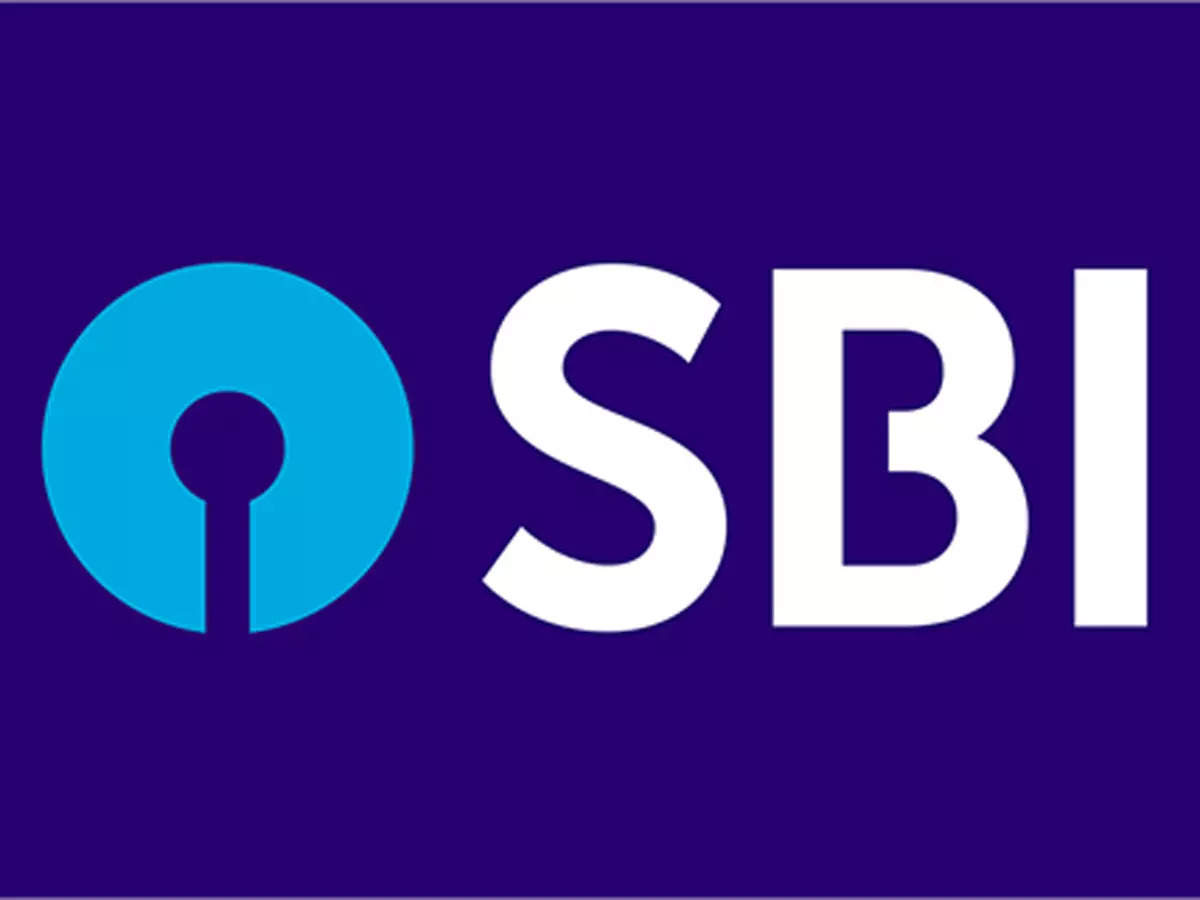The State Bank of India (SBI) sought an extension until June 30, citing the complexity of analyzing data to match donors with their donations. However, a day after the deadline for submitting information on electoral bonds purchased since April 12, 2019, passed, the Association for Democratic Reforms (ADR) filed a petition with the Supreme Court. The petition aimed to hold the public sector bank in contempt for allegedly ignoring the court’s directive.
Read also:Haryana: Men climb walls of Tauru exam centre to help students cheat in board exams
ADR’s Appeal to CJI for Hearing on Electoral Bond Issue:
ADR, a nonprofit organization that led the petition resulting in the invalidation of the government’s 2018 electoral bond scheme, brought the issue before Chief Justice of India (CJI) Dhananjaya Y Chandrachud, requesting a hearing on March 11, coinciding with the anticipated consideration of the State Bank of India’s request for an extension until June 30.
Read also:Dinesh Karthik to quit IPL before announcing international retirement
ADR’s Contempt Petition Against SBI’s Compliance with Court Deadline:
Advocate Prashant Bhushan informed the Chief Justice of India (CJI) that the ADR has requested the initiation of contempt proceedings against the SBI for adhering to the court’s deadline of March 6 to provide comprehensive details of electoral bonds purchased since April 12, 2019, to the ECI.
Justice Chandrachud, presiding over the bench in the electoral bond case, declare that the contempt petition would be consider alongside the SBI’s plea if the petition has been properly number and verified.
Read also:Karnataka Cop’s Anguish as Son Stranded in Ukraine War Zone
Delay in Disclosure of Electoral Bonds and Decoding Challenges:
If approved, the application would delay the disclosure of donors and recipients of electoral bonds until after the upcoming Lok Sabha elections, projected to take place between April and May this year.
The bank emphasizes the need to decode information from 22,217 electoral bonds, which involves decoding, compiling, and comparing 44,434 (twice the number of bonds issued) data sets, as the details about buyers and recipients of bonds are stored separately in two distinct information repositories.

